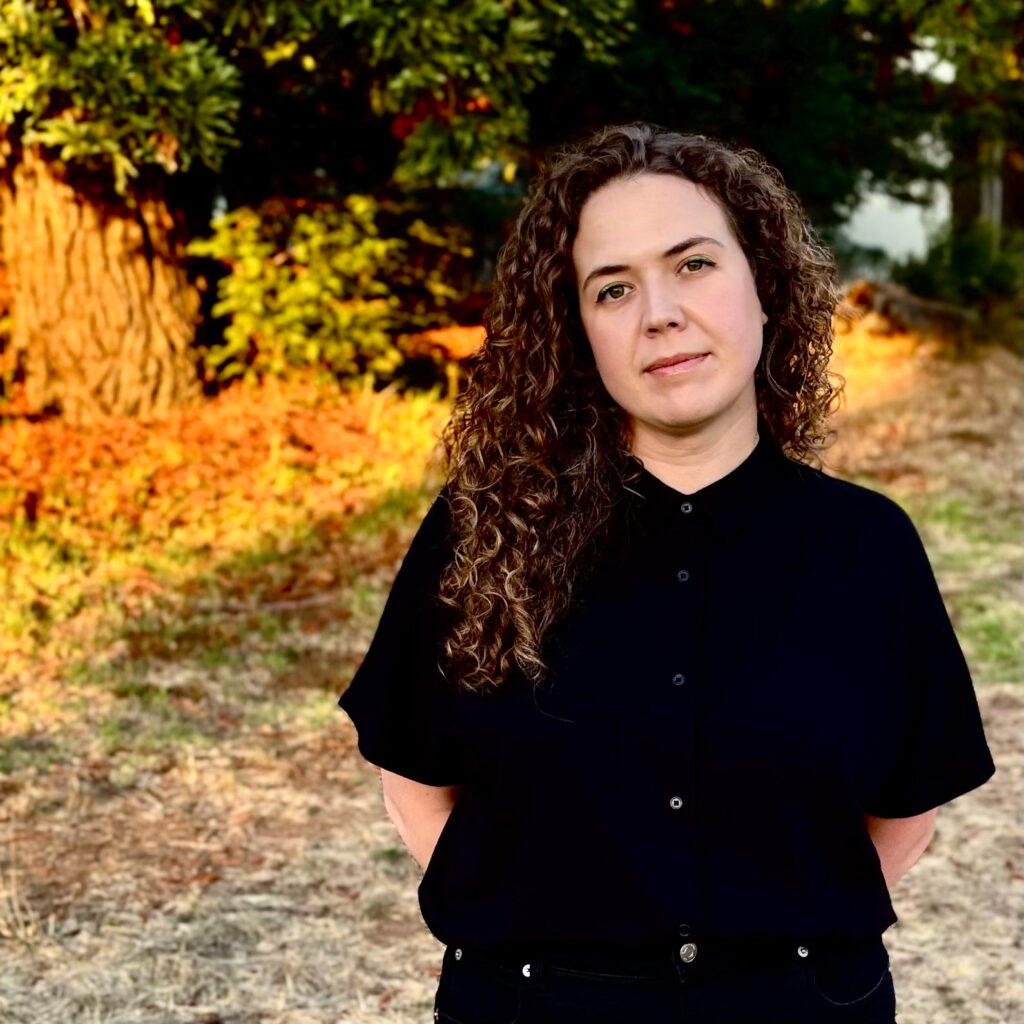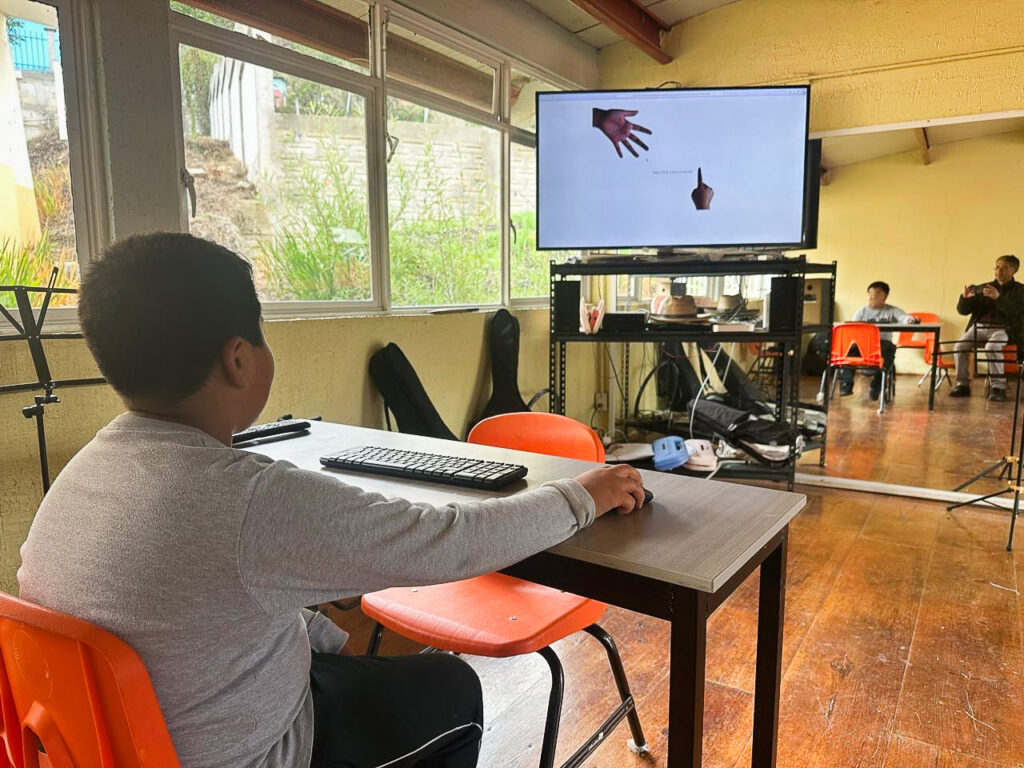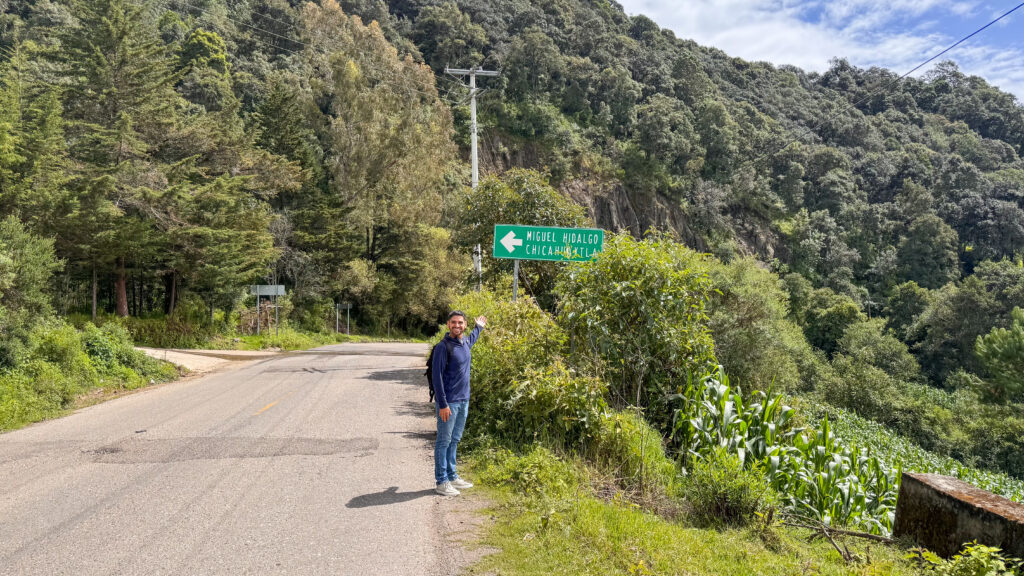This June, two Ph.D. candidates in the Education Department, Micah Card and Emanuel Suarez Jimenez, were awarded 2025 Spencer Dissertation Fellowships by the National Academy of Education (NAEd), an organization dedicated to advancing research that improves education policy and practice.
Only 35 dissertation fellows were selected from a competitive pool of over 400 applications. Each fellow receives $27,500 to support the completion of research projects addressing critical educational issues. This funding is intended to support early-career recipients who are shaping the future of education research through their contributions to history, theory, and practice, both locally and globally. It also includes mentorship by a senior researcher in the field, providing fellows with the opportunity to receive feedback on their work.
UC Santa Cruz’s two fellowship recipients will use the support to study crucial emerging issues in education, like the challenges and opportunities associated with the rollout of universal early learning programs, and creative, culturally relevant applications for digital learning technologies.
Examining California’s universal preschool program
Candidate Micah Card’s project, “Problematizing the Panacea: Early Childhood Educators’ Experiences, Perceptions, and Priorities in the Context of California’s Universal Preschool Rollout,” examines educational policy and its impact on early childhood educators. Card herself has 22 years of experience working in education, with over a decade in early childhood education. For her, this research brings to light the shared struggles of educators facing trade-offs in their line of work.

Advocates of universal prekindergarten believe these programs can increase educational access and attainment for children, while also increasing the wages and economic power of workers. However, the reality can be much more complicated.
“There is a dual marginalization happening, where we really don’t have sufficient support for community-based or ‘traditional’ early childhood educators, nor educators working in these new pre-kindergarten education programs,” Card expressed. “It opens the question of who gets to determine the trajectory of this new system, and how to integrate different credentialing systems, professional norms, pedagogical priorities, and ways of thinking among different types of educators.”
Her qualitative study aims to provide examples of the working conditions and inequities faced by educators across the state, utilizing surveys, interviews, and ethnographic case studies that prioritize their lived experiences. This research will provide a critical analysis of one of the United States’ most exploited and racialized “pink collar” fields to provide a voice to these educators in public policy discourse.
California is closing in on implementing universal prekindergarten by the end of this current school year, and Card is excited to be able to finish her dissertation at such a pivotal moment. She hopes her storytelling work can serve as an empowering experience for educators across the state.
“My goal is to illuminate the lived experiences of early childhood educators, but also the way that they think about the work, what they prioritize in their work, and how they experience the context in which they do that work,” she said. “After the full-scale adoption of this new initiative in California schools, I’ll be ready to start really disseminating my research on one of the most radical early childhood investments since Head Start. It is incredibly timely to be able to offer that to education research at large, policymaking research, and also early childhood educators themselves.”
Candidate Emanuel Suarez Jimenez received funding to support his project, “Tejiendo Saberes: Indigenous Survivance Pedagogies as Digital World Practices.” This research investigates how educators in Oaxaca, Mexico, design and utilize computers, websites, and online platforms to teach in ways that align with the cultural, linguistic, and epistemological practices of their communities.

“My research interests first sprouted from my time spent in Oaxaca through a UCEAP program during my undergraduate years.” Suarez Jimenez said. “Later, my work as a K-12 substitute teacher in the San Francisco Bay Area during the pandemic illuminated a curiosity about how teachers have utilized new learning tools and technologies, both in the United States and Mexico.”
His goal is to gain a deeper understanding of how digital devices and learning software assist teachers and learners through a year-long qualitative study. Working alongside 11 teachers, teacher educators, and community members in the region, the study aims to uncover how educators working in multilingual, multicultural contexts leverage digital tools. The study also seeks to challenge reductive frameworks about communities’ ability to effectively leverage computers and cellphones, given the differences in online connectivity and infrastructure throughout Mexico. Instead, Suarez Jimenez will explore how teachers design alternative pedagogical models for utilizing the internet to educate both emerging teachers and their pupils who may face marginalization.


“There are a lot of educational programs and projects coming out of the communities themselves,” he said. “I am specifically looking at the ways that teachers, even if they’re not from that community, are creating activities or lessons with technologies that then center the languages, cultures, or the community knowledges of the region.”
His experience with cross-border collaboration as a researcher has primed him to continue shaping education pathways that take into account the experiences of diverse students. More importantly, he wants his research to honor the stories and methods of the teachers he has worked with over the years.
“I think education is moving away from this one-size-fits-all reform and towards supporting the work that teachers are already doing with these technologies and how we can leverage technology the right way,” he said. “And being awarded this fellowship has motivated me to keep learning alongside all these people that have supported me and to just continue telling the stories of the people that have supported my work over the years.”
